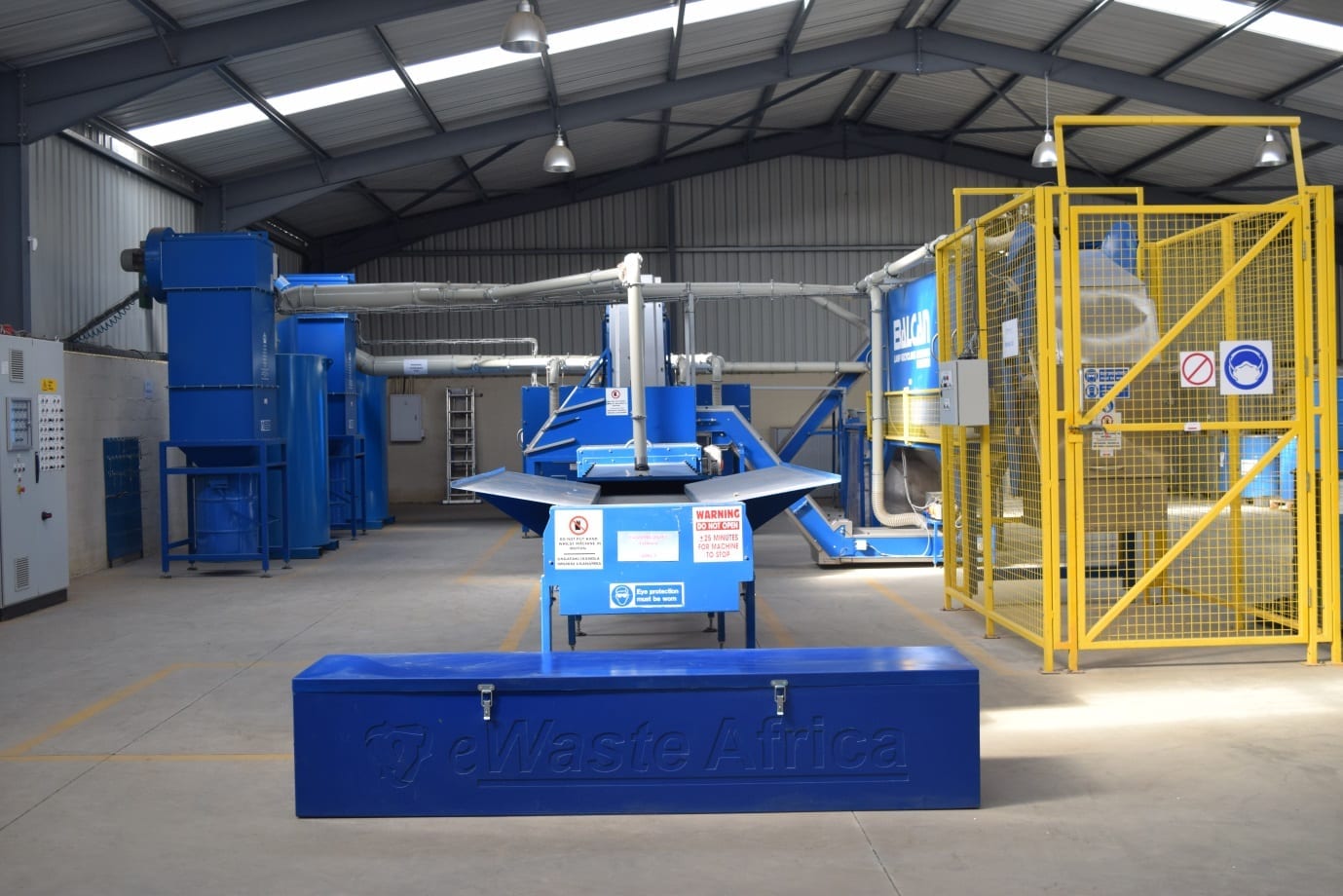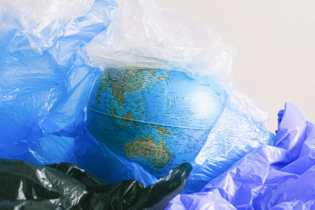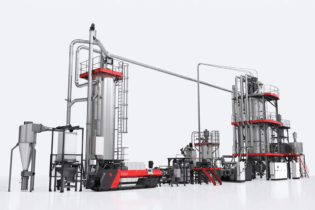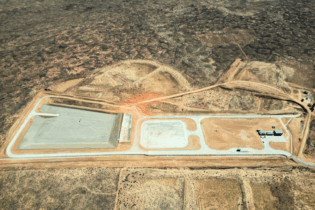PN: I now work with other new up-and-coming entrepreneurs who I’ve met through the Kickstart programme and my own personal network. I act as a mentor to help them achieve their dreams.
During these sessions, I advise other entrepreneurs to “think big but do small”. When growing a national business, it’s vital to go to the biggest role players first. After that, it’s important to stay humble by ‘doing small’ by which I mean focusing on getting the day-to-day operational and service details of the business right so that you can go on to see big things emerge from the business. It’s also important to know your value proposition because that governs the day-to-day actions needed to make the business successful. eWaste Africa won a few significant industry awards last year. Can you discuss those achievements in more detail? PN: eWaste Africa actually won three awards within a very short space of time over November and December last year. The first was through the Kickstart programme where we placed second in the national finals. For that, we received prize money of R400 000 over and above the loan that we had already secured. The next award was a complete surprise to me: we won the young entrepreneurship category at the Department of Trade and Industry (dti) SA Premier Business Awards. The purpose of those awards is to showcase businesses that have excelled in the areas of entrepreneurship, black industrialism, exports and small business, among others. The event was hosted by the minister of the dti, Rob Davies at the Sandton Convention Centre. Addressing the nominees, he pointed out the importance of being role models to other entrepreneurs. eWaste Africa also received the Nedbank Pietermaritzburg Premier Chamber of Business award for in the Spirit of Entrepreneurship category. Receiving all of that recognition at once validated the many risks and tough decisions I’ve made as an entrepreneur. They’ve motivated me to continue growing the business and I hope to create many more much needed jobs across South Africa in the coming months. eWaste Africa not only provides a unique service in the Southern African market but you keep innovating. What is your latest innovation and why is it important for entrepreneurs to have a continuous attitude of innovation? PN: We’re now at the commissioning phase for a plant in KZN, which is capable of taking the lumino-phosphorus powder out of used lightbulbs and then extracting the rare earth metals in that powder for resale. It’s a totally unique process globally, which we foresee one day making our recycling process cost neutral hence saving our clients costs in the long run. The business world doesn’t stand still and eWaste Africa’s clients won’t always be satisfied with the same service year after year. So we’re innovating in anticipation of the market changes of tomorrow. You’ve already discussed your commitment to the environment. What is the other driver behind your business’s success? PN: Job creation is a huge issue in South Africa with 26.6% of the population being unemployed. So far, I’ve created 14 jobs (probably 15 by the time this article goes to print) and I want to keep creating jobs because I’ve seen the toll that retrenchments take on workers and I feel a deep personal responsibility for creating as many new, long-term employment positions as possible.
Pravashen Naidoo, 34-year-old CEO and founder of eWaste Africa, started his business with one brilliant idea: keeping the hazardous materials from lightbulbs out of South Africa’s landfills. Five years, three awards and one major expansion later, eWaste Africa is leading a wave of young entrepreneurs championing environmental sustainability and job creation.
What does eWaste Africa do and why?
PN: eWaste Africa is South Africa’s first environmentally ethical, legally compliant lightbulb recycling company. The idea for the business sprang from my passion for saving the environment.
Did you know that the toxic chemicals from one lightbulb in a landfill has the potential to pollute 30 000 ℓ of water? eWaste Africa’s value proposition is to create a healthier environment by promoting zero waste to landfill. From our value proposition stems the different aspects of the business: we want to prevent hazardous waste from being disposed of at landfill and we want to ensure our clients are legally compliant.
By early April this year, we had secured 110 clients which is remarkable for a company that has only been in operation for two and a half years. Our clients include big brands with large national footprints.
How did the company start and what were some of its major milestones along the way?
PN: I started working on my business plan in about 2012, spending a full year working on it. Then, in 2013 I became aware of legislation that was to come into effect on 23 August 2016, which would prevent the disposal of lightbulbs at landfills.
We officially opened our Pietermaritzburg H:H licenced recycling facility in 2014, which was officially opened by the honourable deputy minister of the Department of Environmental Affairs, Barbara Thompson, with André Nel Head of Pick n Pay’s sustainability division also attending as a special guest. Every interaction or event is an opportunity so it was important to show government and industry’s support from the outset.
Last year, eWaste Africa was selected – along with a number of other impressive candidates – to participate in the SAB Miller (now AB Inbev) Kickstart programme. The programme has been going for more than 21 years, and aims to capacitate emerging entrepreneurs with the skills, coaching and finance needed to grow their businesses.
After receiving an interest-free loan from SAB Miller, I was able to open a new branch of the business in Johannesburg about eight months ago. The loan has also allowed me to purchase trucks and the right equipment for storing, transporting and treating hazardous materials.
Getting the new branch off the ground has required a significant amount of legwork but we have our permits in place for the different regions in Gauteng and are now fully certified and already collecting bulbs in the City of Johannesburg, Ekurhuleni and Tshwane.
We also service the Eastern Cape and Western Cape through strategic partnerships with other entities.
Why is entrepreneurship so important to you and what are you doing to support other young entrepreneurs?








